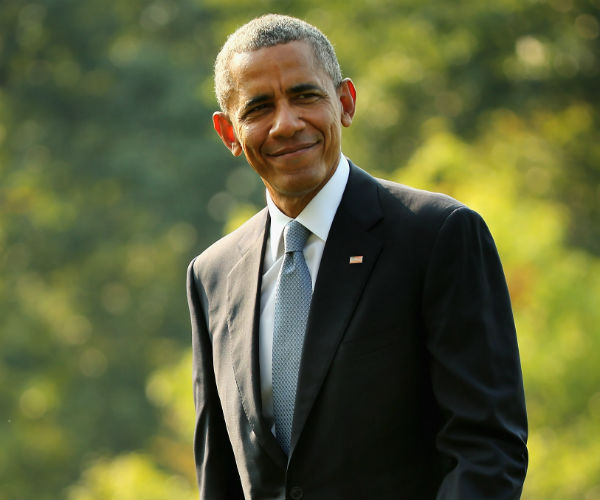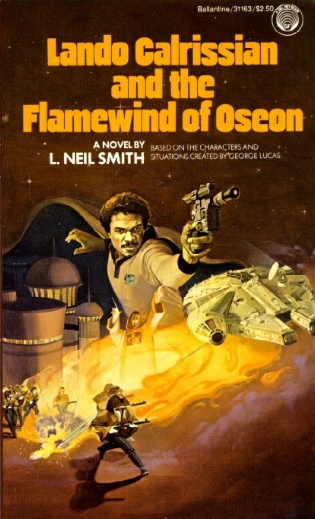“We now stand at a crossroads — a moment in time at which two very different visions of humanity’s future compete for the hearts and the minds of citizens around the world. Two different stories, two different narratives about who we are and who we should be. How should we respond?
“Should we see that wave of hope that we felt with [Nelson Mandela’s] release from prison, from the Berlin Wall coming down — should we see that hope that we had as naïve and misguided? Should we understand the last 25 years of global integration as nothing more than a detour from the previous inevitable cycle of history — where might makes right, and politics is a hostile competition between tribes and races and religions, and nations compete in a zero-sum game, constantly teetering on the edge of conflict until full-blown war breaks out? Is that what we think?
“Let me tell you what I believe. I believe in Nelson Mandela’s vision. I believe in a vision shared by Gandhi and King and Abraham Lincoln. I believe in a vision of equality and justice and freedom and multi-racial democracy, built on the premise that all people are created equal, and they’re endowed by our creator with certain inalienable rights. And I believe that a world governed by such principles is possible and that it can achieve more peace and more cooperation in pursuit of a common good. That’s what I believe.
“And I believe we have no choice but to move forward; that those of us who believe in democracy and civil rights and a common humanity have a better story to tell. And I believe this not just based on sentiment, I believe it based on hard evidence.
“The fact that the world’s most prosperous and successful societies, the ones with the highest living standards and the highest levels of satisfaction among their people, happen to be those which have most closely approximated the liberal, progressive ideal that we talk about and have nurtured the talents and contributions of all their citizens.
“The fact that authoritarian governments have been shown time and time again to breed corruption, because they’re not accountable; to repress their people; to lose touch eventually with reality; to engage in bigger and bigger lies that ultimately result in economic and political and cultural and scientific stagnation. Look at history. Look at the facts.
“The fact that countries which rely on rabid nationalism and xenophobia and doctrines of tribal, racial or religious superiority as their main organizing principle, the thing that holds people together — eventually those countries find themselves consumed by civil war or external war. Check the history books.
“The fact that technology cannot be put back in a bottle, so we’re stuck with the fact that we now live close together and populations are going to be moving, and environmental challenges are not going to go away on their own, so that the only way to effectively address problems like climate change or mass migration or pandemic disease will be to develop systems for more international cooperation, not less.
“We have a better story to tell. But to say that our vision for the future is better is not to say that it will inevitably win. Because history also shows the power of fear. History shows the lasting hold of greed and the desire to dominate others in the minds of men. Especially men. History shows how easily people can be convinced to turn on those who look different, or worship God in a different way. So if we’re truly to continue [Mandela’s] long walk towards freedom, we’re going to have to work harder and we’re going to have to be smarter. We’re going to have to learn from the mistakes of the recent past. … ”
— Barack Obama, speaking in Johannesburg, South Africa, to honor the late Nelson Mandela, July 17, 2018
(italics mine; complete transcript here)
This was President Obama’s first major speech since leaving office. As usual, he articulated the same vision of the world and of the future that I have, the one that I’m trying very hard not to lose faith in.
I really miss this man.



